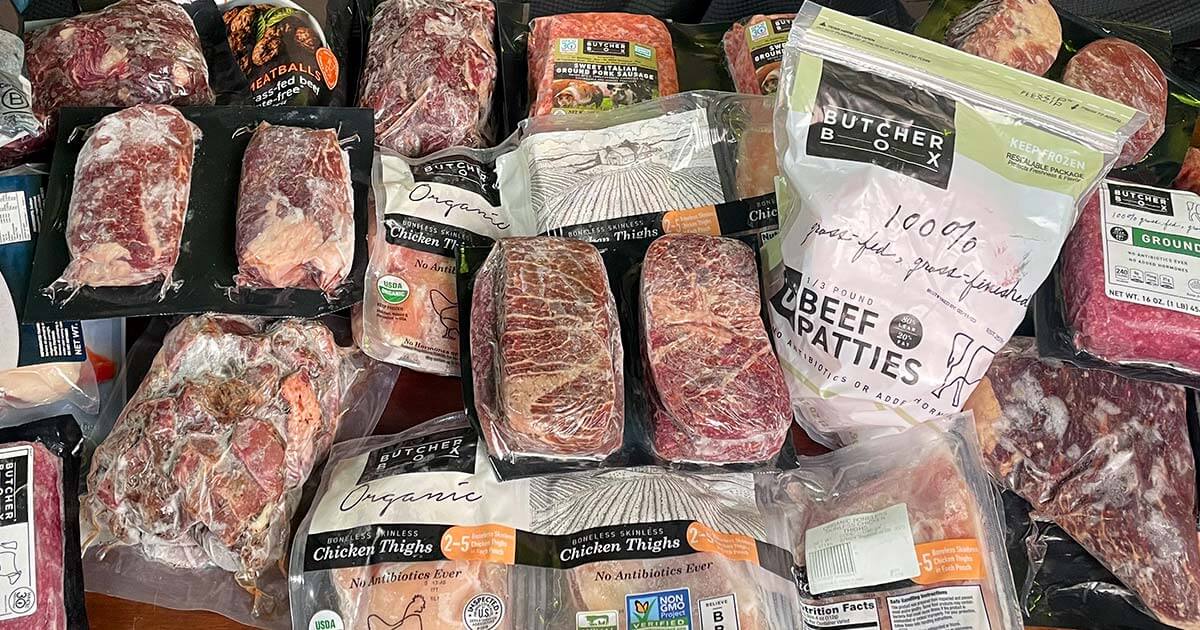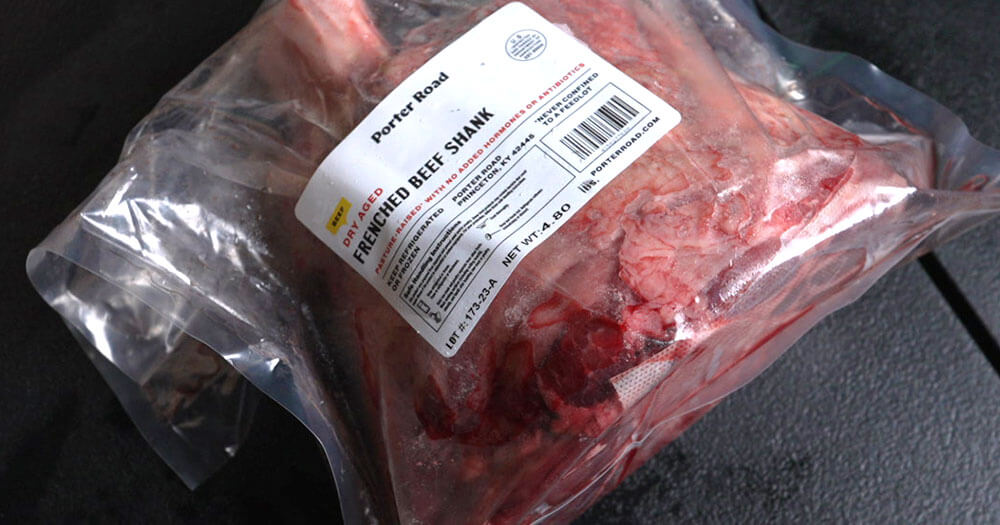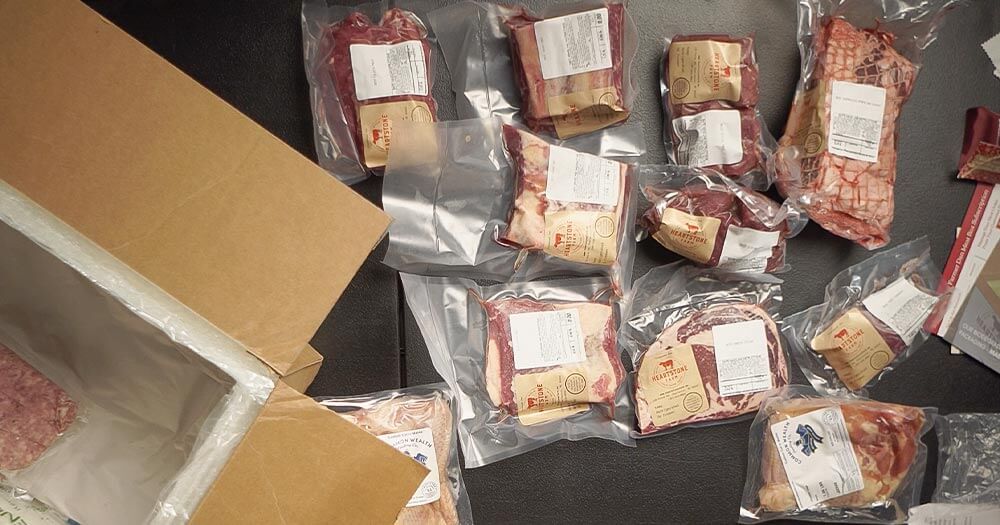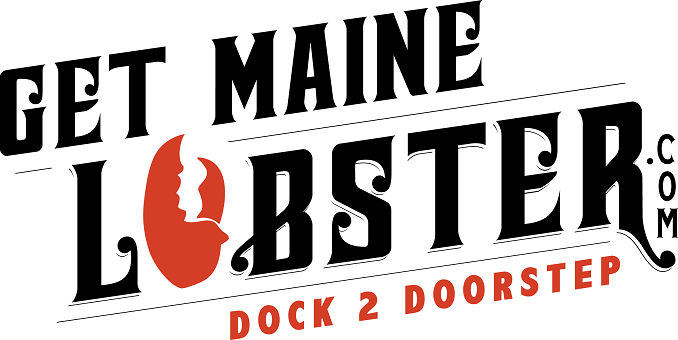Table of Contents
In an era where health-consciousness is on the rise, the quality of the food we consume has never been more important, especially concerning hormones and antibiotics in beef. This topic is particularly crucial when it comes to beef, a staple in many diets worldwide. The widespread use of hormones and antibiotics in beef production has raised significant concerns among consumers, health professionals, and environmentalists alike. Understanding why these practices are employed and the benefits of opting for cleaner alternatives is essential for making informed dietary choices.
The Role of Hormones in Beef Production
Hormones are administered to cattle to accelerate their growth and increase meat production efficiency. While this practice enhances profitability for farmers, it poses potential risks to consumer health, including hormonal imbalances and increased risk of certain diseases. The quality of meat can also be affected, with hormone-treated beef often being less tender and flavorful compared to its hormone-free counterparts.

The Use of Antibiotics in Beef
Antibiotics are used not only to treat sick animals but also as a preventive measure against disease and to promote growth. This overuse can lead to antibiotic resistance, a looming public health crisis. Consuming antibiotic-laden beef may contribute to the development of antibiotic-resistant bacteria in humans, making it harder to treat common infections.
Why Eating Clean is Crucial
Choosing beef that is free from hormones and antibiotics is a crucial step toward a cleaner, healthier diet. Such practices reduce the risk of allergic reactions, antibiotic resistance, and other health issues. Moreover, hormone and antibiotic-free beef is often of higher quality, offering better taste and nutritional value.
Spotlight on Clean Beef Providers
Fortunately, several companies recognize the demand for cleaner beef options. Brands like Butcherbox, Crowd Cow, Grass Roots Farmers Co-Op, and others are leading the way in providing consumers with access to high-quality, hormone and antibiotic-free beef. These companies are committed to sustainable and ethical farming practices, ensuring that consumers have access to the best possible products.

Incorporating Technology in Clean Eating
Modern technology offers innovative tools to help consumers ensure the quality of their beef. Smart meat thermometers like the MEATER Block and MEATER 2 Plus, as well as the Lavatools PX1D Javelin PRO Duo Ultra, allow for precise cooking, ensuring that beef is safely prepared without compromising its nutritional integrity.
Enhancing Flavor While Eating Clean
Choosing clean beef doesn’t mean sacrificing flavor. High-quality grills from Weber and seasonings from brands like Kinders, McCormick Grill Mates, and Hardcore Carnivore can enhance the natural flavors of beef, making clean eating a delicious choice.
How to Choose Clean Beef
Identifying and purchasing hormone and antibiotic-free beef can be challenging. Consumers should look for certifications and labels that indicate beef is free from these additives. Additionally, purchasing from reputable sources like the companies highlighted in this article ensures that beef meets the highest standards of quality and safety.

The Future of Beef Consumption
As awareness grows, the demand for cleaner beef options is likely to continue rising. Consumers are increasingly willing to pay a premium for meat that is not only healthier but also produced in an environmentally sustainable and ethical manner. This trend is encouraging for both the industry and the health of the planet.
Conclusion
The choice to consume beef that is free from hormones and antibiotics is more than a dietary preference; it’s a commitment to personal health and environmental sustainability. By opting for cleaner beef options and incorporating smart cooking technology and flavorful seasonings, consumers can enjoy delicious meals without compromising on quality or health.

Beef Hormones and Antibiotics Questions
What are the reasons behind the use of hormones and antibiotics in beef production?
Hormones are used in beef production to promote faster growth and increase the efficiency of meat production, allowing for larger quantities of beef to be produced with fewer resources. Antibiotics, on the other hand, are used to prevent, control, and treat diseases in cattle, helping to maintain the health of the animals in often crowded production environments. While these practices aim to enhance productivity and ensure the health of cattle, they have raised concerns about human health and environmental impact.
How do hormones and antibiotics in beef affect human health?
There is ongoing debate and research into the effects of consuming beef treated with hormones and antibiotics. Some studies suggest that hormone residues in beef might contribute to developmental problems, hormonal imbalances, and even an increased risk of certain cancers in humans. The use of antibiotics in animal farming is also linked to the rise of antibiotic-resistant bacteria, which poses a significant threat to public health as it can make bacterial infections in humans harder to treat.
What are the environmental impacts of using hormones and antibiotics in cattle farming?
The use of hormones and antibiotics in cattle farming can have various environmental impacts. Antibiotics can leach into the environment through animal waste, potentially contaminating waterways and soil. This contamination can contribute to the development of antibiotic-resistant bacteria in the environment. Hormones can similarly enter ecosystems, potentially affecting the reproductive systems of aquatic life and other wildlife, thus disrupting local ecosystems.
Why is eating clean and choosing beef without hormones and antibiotics important?
Eating clean and choosing beef without hormones and antibiotics is important for several reasons. It supports personal health by reducing exposure to potentially harmful residues. It also encourages more sustainable farming practices that are less reliant on chemical inputs, which can benefit animal welfare and reduce environmental contamination. Moreover, opting for cleaner alternatives can drive demand for more natural, ethical meat production practices.
How can consumers identify and choose cleaner beef alternatives?
Consumers can look for certifications and labels such as “organic,” “grass-fed,” or “antibiotic-free” when shopping for beef. These labels indicate that the beef was produced without the use of hormones and antibiotics and often adheres to higher welfare and environmental standards. Additionally, purchasing beef from local farmers who practice sustainable farming can also help ensure that you’re consuming cleaner, more ethically produced meat. Being informed about the source of your beef and the practices of producers is key to making healthier and more sustainable dietary choices.







